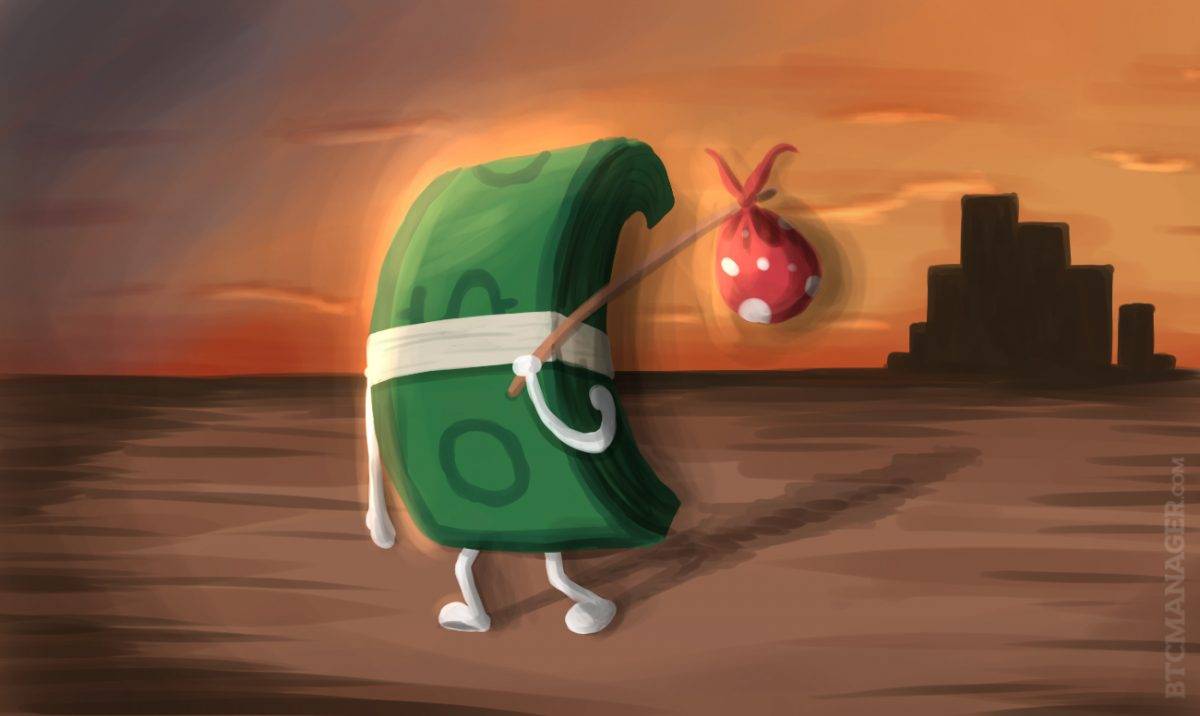First Mozambique, Now Zambia: Africa Leads Interest Rates Hike In 2021

On January 27, Mozambique—a Southeastern African country—rang the bell that officially started the increase of policy rates in 2021. The low-income country’s central bank became the first in the world to raise its benchmark interest rates this year.
From the first day of 2021 till now, no other country in the world has seconded Mozambique, except Zambia. Both African countries do not just share a border, but have both struck a chord other countries in the continent could copy—despite the economic risks offered by the coronavirus pandemic.
When the Bank of Mozambique jacked up its policy rates, there was an increase of 300 basis points from 10.25 percent to 13.25 percent. Being the first time the apex bank was hiking its interest rates since 2017, the surprise move was pulled off to avert a premonited, unavoidably rough inflation.
While the country’s coronavirus cases continually rose, Mozambique and the most of Southern Africa, is also battling a range of natural disasters. Such health, economic and environment confrontations don’t exactly make things conducive enough to outfight a pandemic in a region like Africa. Nevertheless, fingers remain crossed.
The seemingly dire situation is perhaps also the reason the central bank increased the deposit lending facility and marginal lending facility rates. In December 2020, inflation in the nation dashed to a 10-month high, just as worrisome as the intense, violent, and gory clashes in the oil-rich northern parts of Mozambique.
Zambia’s inflation, on the other hand, is at a 5-year high, prompting the nation’s monetary policy committee to lift the rate from 8 percent to 8.5 percent. This development—still the latest in the fold—marks the first time the lower-middle-income increases its benchmark interest rates since November 2019.
The decision, which took 2 days of complex deliberations, could be turbocharged when the country’s central bank sees signs of the prophesied worsened inflation. In all, Zambia backtracked some of the 350 points of cuts it had as of last year, when Governor Christopher Mvunga hadn’t yet assumed apex bank office.
“We can’t let inflation run away; neither can we stifle economic growth,” Mvunga said, explaining why the rates were hiked. “We had to get into the middle of the road of saying ‘how do we have some form of control on both sides without necessarily destroying the economy.”
Per Bloomberg forecasts, the move by the neighboring countries—first Mozambique, now Zambia—has started a trend that other Sub-Saharan African economies might follow. The persistent inflationary pressures in the region’s small to mid-sized economies are indeed real in the face of a collective coronavirus-induced recession, the first in 25 years.
In November 2020, Nigeria—Africa’s biggest economy and most populous country—has stepped into its second recession in 5 years. South Africa—the second-largest yet most industrialized economy in the continent—entered into its pre-pandemic recession for the second time in 2 years in March last year. Kenya more recently jumped on the recession train, suffering its first of such in 20 years.
Africa’s developing economies are yet to bounce back from the COVID-19 summersault, amidst a yearning for vaccines and a seemingly worrisome expectation of another coronavirus wave. According to the World Bank, there will be an economic rebound in 2021 in Sub-Saharan Africa, but mostly for the smaller, more diverse economies.
“Activity among non-resource-intensive countries, including Côte d’Ivoire, Ghana, and Senegal, will slow but not contract, helped by relatively more robust growth in the agriculture sector,” the Bank said in its Africa overview.
Hiking policy rates may be their next card to play, as even Angola—one of the continent’s largest economies—is being pressured to adjust its numbers.
If the prognostics click, Africa may see its biggest rate hike saga since 2015 when the American Federal Reserve squeezed the region’s economies with an anti-climactic interest rate escalation.
Featured Image: BTC Manager.